10 Action Movies With Sequels Better Than You Remember

Ahhh, the sequel – that cinematic crapshoot whereby franchises manage to either extend their own allure and financial success, or torpedo the entire thing into the proverbial ocean. Over the years, sequels have become a hotter and hotter debate amongst movie fans, primarily because they’re so divisive in nature. For every Terminator 2, there’s a Terminator: Dark Fate waiting in the wings to screw things up, not to mention the lack of original and creative ideas.
RELATED: The Top 10 Best Films Of 2022
A lot of action movie franchises spawn sequels based off of sheer studio greed, but others have merit and substance that help build each respective universe. Then, there are other sequels which are panned to the moon and back, yet actually aren’t all that bad when judged over the passage of time. Here’s a few that deserve a mention, and aren’t nearly as bad as you might remember.
BLOODSPORT II: THE NEXT KUMITE (1996)

The original Bloodsport starring Jean-Claude Van Damme is an instant classic that can be watched over and over again, without fatigue setting in. It’s the Star Wars of 1980s martial arts flicks; a foundation upon which other films in the genre are inevitably judged. It took years for a sequel to Bloodsport to emerge, and despite the panning it got upon release, it’s actually a very solid flick.
Van Damme chose not to reprise his role for the sequel, instead passing the torch to Daniel Bernhardt (The Matrix Reloaded, John Wick). In the film, Bernhardt plays Alex Cardo, a thief sent to a brutal prison who seeks redemption for his sins by participating in the Kumite tournament to honor his teacher and friend. It’s corny beyond belief, and the story is silly, but the real meat and potatoes of the film lies in the choreographed martial arts battles, which are absolutely spectacular from start to finish.
THE KARATE KID III
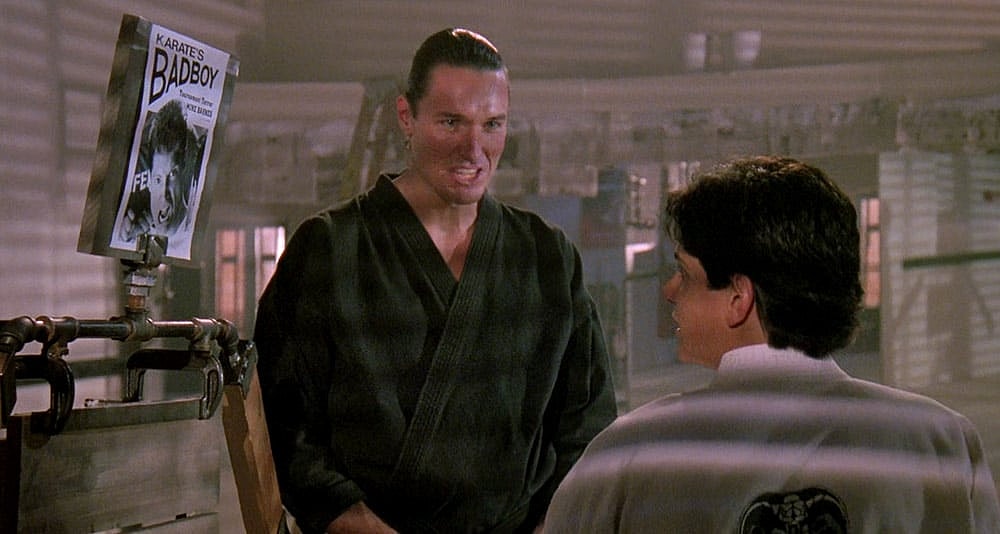
By the time the third Karate Kid film dropped in 1989, audiences weren’t nearly as enthusiastic. For one thing, actor Ralph Macchio was obviously way too old to play Daniel LaRusso, a fact which became more evident in the five years between the first and third films. Second, the story seemed more like a hollow retread of the original, with half the heart, and a storyline too dark to root for.
However, since the film came out, we’ve been blessed with Cobra Kai, a series that references every single droplet of the Karate Kid franchise with unparalleled levels of respect. Cobra Kai has fleshed out the franchise mythos far beyond what anyone thought possible, and even characters and events from the third feature film play an integral role in the overall storyline. For that reason, The Karate Kid, Part III feels like it fits, as opposed to being the oddball installment, especially for those who are invested in Cobra Kai’s narrative.
UNDER SIEGE 2: DARK TERRITORY
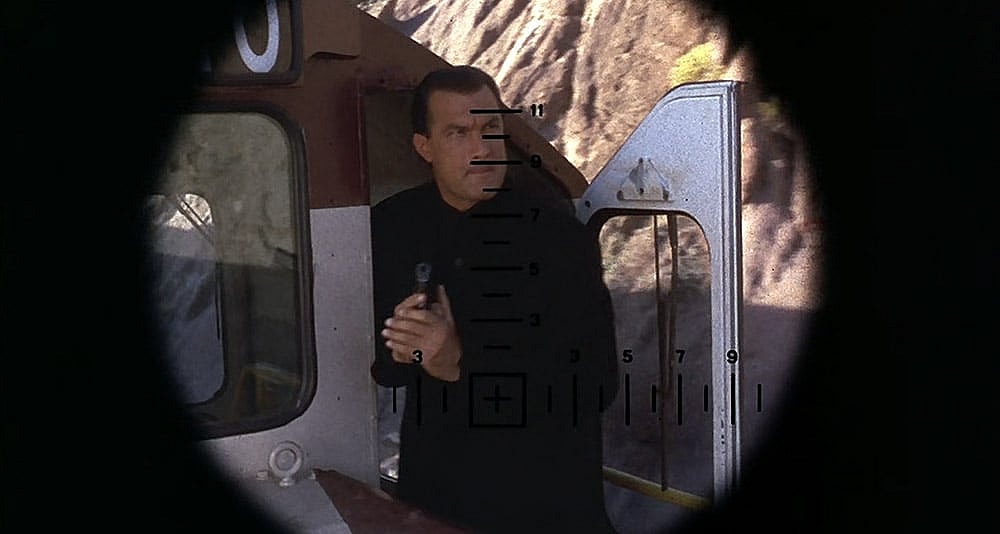
Steven Seagal was all the rage in the late 80s and early 90s when everyone thought he was a better actor and fighter than he actually was. Actually, scratch the acting part. Nobody thought that. Either way, Under Siege remains one of his breakout films, thanks in large part to his presence alongside a stellar cast of actors like Tommy Lee Jones, Gary Busey, Colm Meaney and Dale Dye. However, the second film in the franchise didn’t exactly excite fans of the original.
Years later, there’s an argument to be made for Under Siege 2: Dark Territory. The switch from a naval vessel to a train is a nice change of pace, and one that only a few films can boast about. While the over-the-top silliness involving an earthquake-making satellite is obvious, that’s part of the movie’s overarching charm, especially when Seagal really starts bringing down the hammer. The same sense of tension and action is present here, and there’s plenty of reasons to root for Casey Ryback to serve up a double-helping of knuckle sandwiches.
BATMAN RETURNS

RELATED: Top 10 90’s Sci-Fi Films
While Tim Burton’s original Batman film remains a seminal classic that set the tone for the Dark Knight on the big screen, the sequel was met with a bit of trepidation and uncertainty by fans. The bleak storyline and imagery mixed with the absence of characters like Vicki Vale didn’t do it any favors, but it did clear the field for the Penguin and Catwoman to make their respective debuts.
While Batman Returns can’t meet the shimmering critical success of its immediate predecessor, it is still a marvelously entertaining film with Burton at the top of his game. Michelle Pfeiffer’s performance as Selina Kyle continues to shame both Anne Hathaway and Zoë Kravitz, neither of which could possibly hold a candle to her brilliance. The film also deserves kudos for taking a lot of creative risks, some of which didn’t quite pay off. It’s unfortunate that Joel Schumacher would ruin Burton’s vision with 1995’s Batman Forever.
GHOSTBUSTERS II

The original Ghostbusters was praised to the heavens for mixing action, comedy and horror together in a family-friendly package that got audiences roaring. It was easily one of the most creative films of its time, though it would take five full years for a sequel to materialize. Ghostbusters II tried to pick up where the original story left off, but critical feedback was lukewarm, to say the least.
Years later, Ghostbusters II looks a lot more respectable. Rather than simply throwing the characters against the next big threat, the film wisely followed the career trajectories of each member in the wake of the team getting mothballed. The juxtaposing of the Ghostbusters having to get back into their old rhythm just in time to face a dangerous new foe was a novel one. Plus, Ghostbusters II is a remarkably creepy film – perhaps more so than the original – which really helped to sell the horror element.
HIGHLANDER II
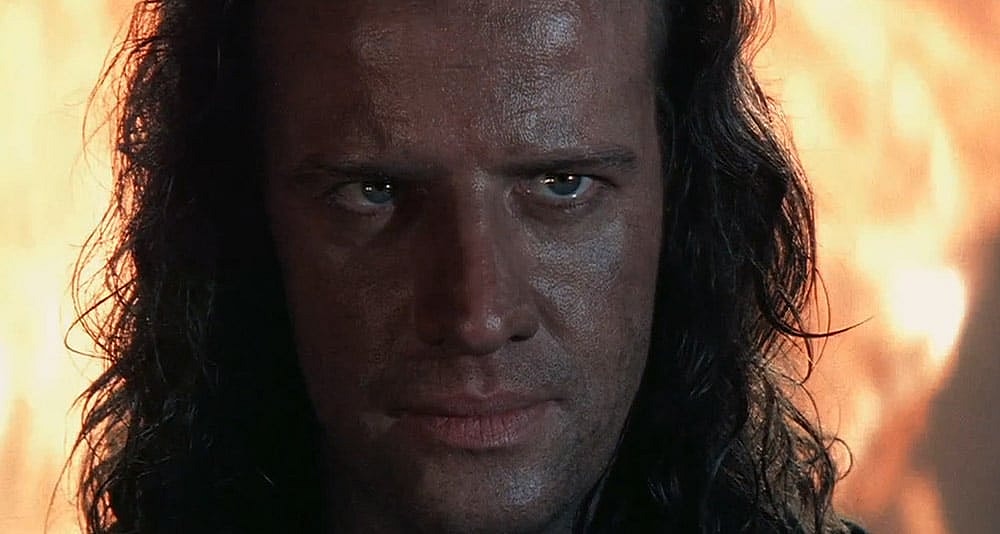
Let’s get one thing straight – Highlander II is never going to be regarded as a good film. However, a lot of the flack came from a poorly edited theatrical cut that made absolutely no sense, and left audiences scratching their heads in confusion. Plus, the realization that the immortals were actually aliens from another planet (which has since been retconned), was a massive letdown for fans of the original.
Since its disastrous debut, Highlander II has been reworked with a “Renegade Version,” which has subsequently been accepted as the official Director’s Cut of the film. And yes, it’s much, much (did we say much?) better than the original. It may not convert its haters, but there’s an argument for at least seeing just how better it is when stacked up side-by-side against the theatrical cut.
THE LOST WORLD: JURASSIC PARK

The first Jurassic Park was a cinematic phenomenon that swept around the world, reignited audience enthusiasm for dinosaurs, and ushered in a groundbreaking new set of visual effects technologies. Structure-wise, it’s damned near pitch-perfect, but it’s sequel didn’t quite leave the same T-Rex footprint. The Lost World was meant to continue the story in the wake of Jurassic Park’s initial collapse by examining the fate of the dinos themselves.
It took three terrible sequels, and a so/so one – 2015’s Jurassic World – to make audiences appreciate this 1997 film. There’s more excitement, enthusiasm and heart in The Lost World than anything which has followed. We dare you to watch The Lost World and Jurassic World: Fallen Kingdom side-by-side for a full understanding.
PREDATOR 2

RELATED: Predator – What Every Sequel Did Wrong
Arnold Schwarzenegger was perfectly cast in 1987’s original Predator, where he and a team of badass special forces commandos battle a lethal alien trophy hunter in the Central American jungle. Schwarzenegger chose not to return for the 1990 sequel, which caused a lot of uproar for fans of the original. Instead, Lethal Weapon star Danny Glover picked up the mantle to battle a new hunter in the sweltering streets of Los Angeles.
Predator 2 was a dirtier and uglier film, which turned off quite a few fans. In retrospect, it makes total sense, given the shift in scenery to a future (at the time) L.A. ravaged by the worst scum of society. Plus, Predator 2 shines as an action film. It wisely avoids trying to repeat the progression of the original, while offering fans a better glimpse into how the alien species hunts, right down to advanced weaponry, and a code of honor.
ROBOCOP 2
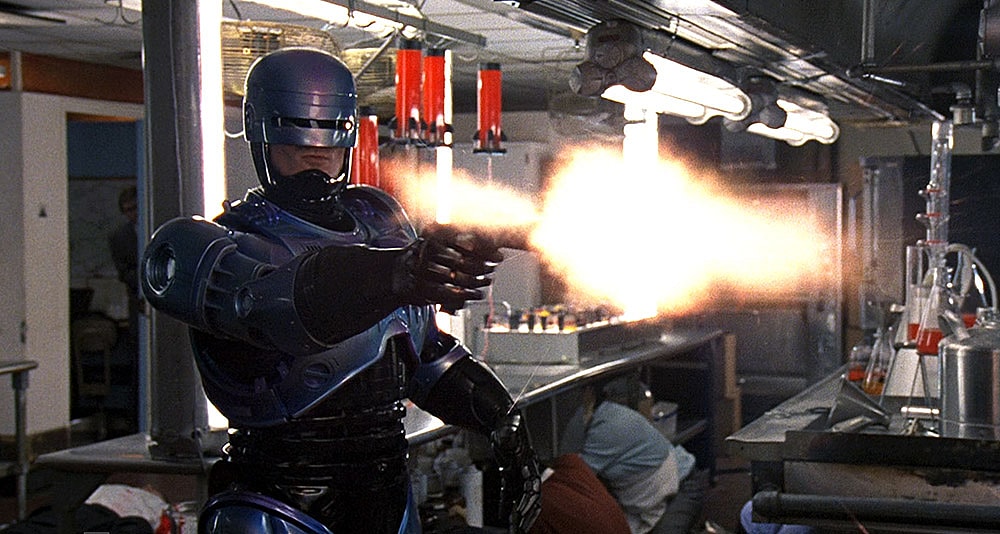
1987’s RoboCop is arguably Paul Verhoeven’s greatest work. The director managed to infuse an otherwise straight-laced sci-fi action film with a degree of social satire and comic book-style violence that was unlike anything ever committed to screen. Verhoeven did not return to make the 1990 sequel, instead passing the chair to Empire Strikes Back director Irvin Kershner.
It was little more than the next chapter in the life of cyborg cop Alex Murphy, and both fans and critics alike didn’t seem to care all that much for it. Decades later, RoboCop 2 does deserve praise for refusing to retread old ground, while touching on new subject matter. The subplot of a Detroit police strike amidst a rising crime wave and incompetent local governance is a shockingly accurate mirror image of today’s Democrat-run American cities, while the addition of an even bigger and badder cyborg nemesis is worth a salute.
SUPERMAN III
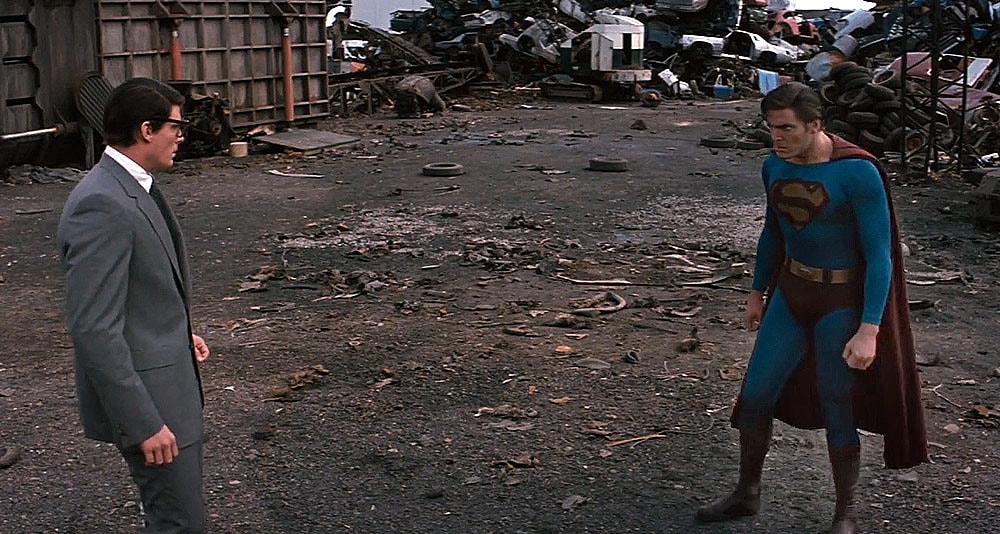
The flack directed at Superman III is well-warranted. Hot on the heels of the dynamite first and second film (which were shot back-to-back), the third movie felt like a massive step backwards. Clark Kent/Superman took a backseat in his own film, while funnyman Richard Pryor was elevated to what was essentially the starring lead role. The result was a disjointed and unfocused film that didn’t properly utilize the Man of Steel to proper effect.
And yet, Superman III is still an enjoyable watch, warts and all. It has several memorable scenes, from Superman saving a little boy from a combine harvester, to turning evil and wreaking havoc across the planet, and even battling his psychological alter-ego for control of his own body. It’s all a pretext to an interesting, albeit flawed battle against a self-aware supercomputer with frightening capabilities. Does it suck? The debate rages on.
RELATED: Arrowverse Producer Marc Guggenheim Regrets Decade Spent Making DC Shows: “I Really Wasted My Time”
